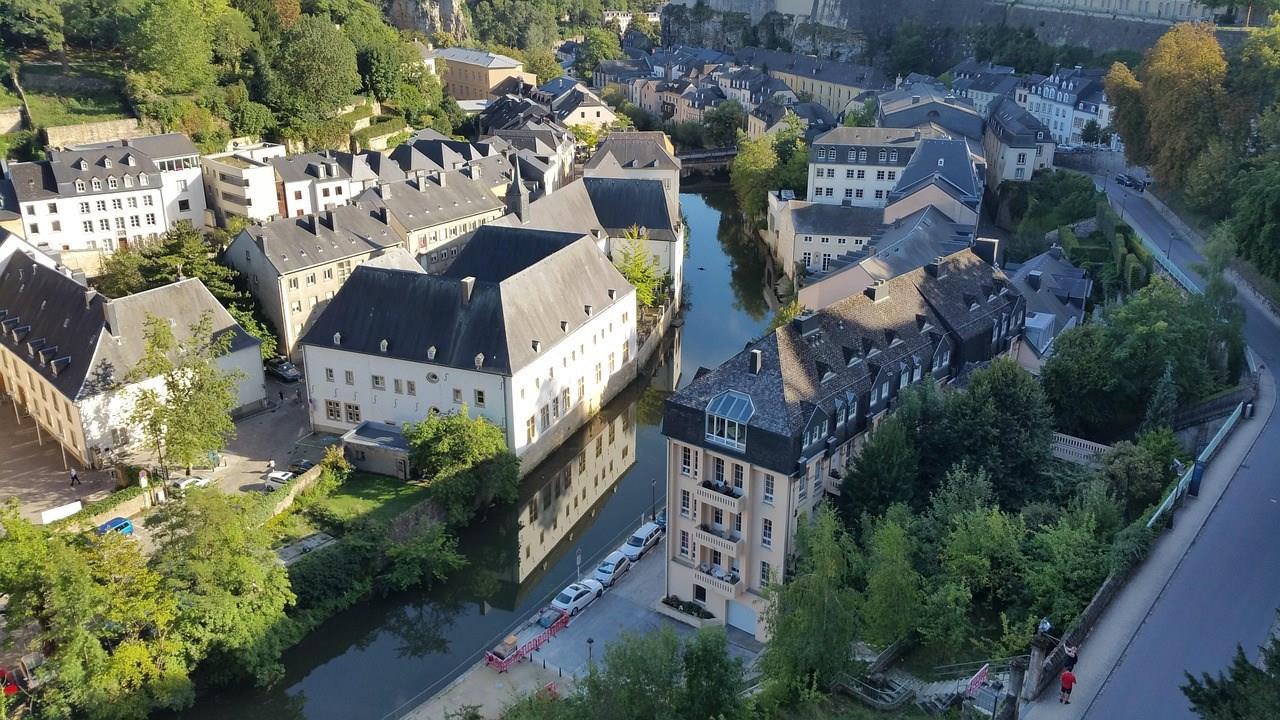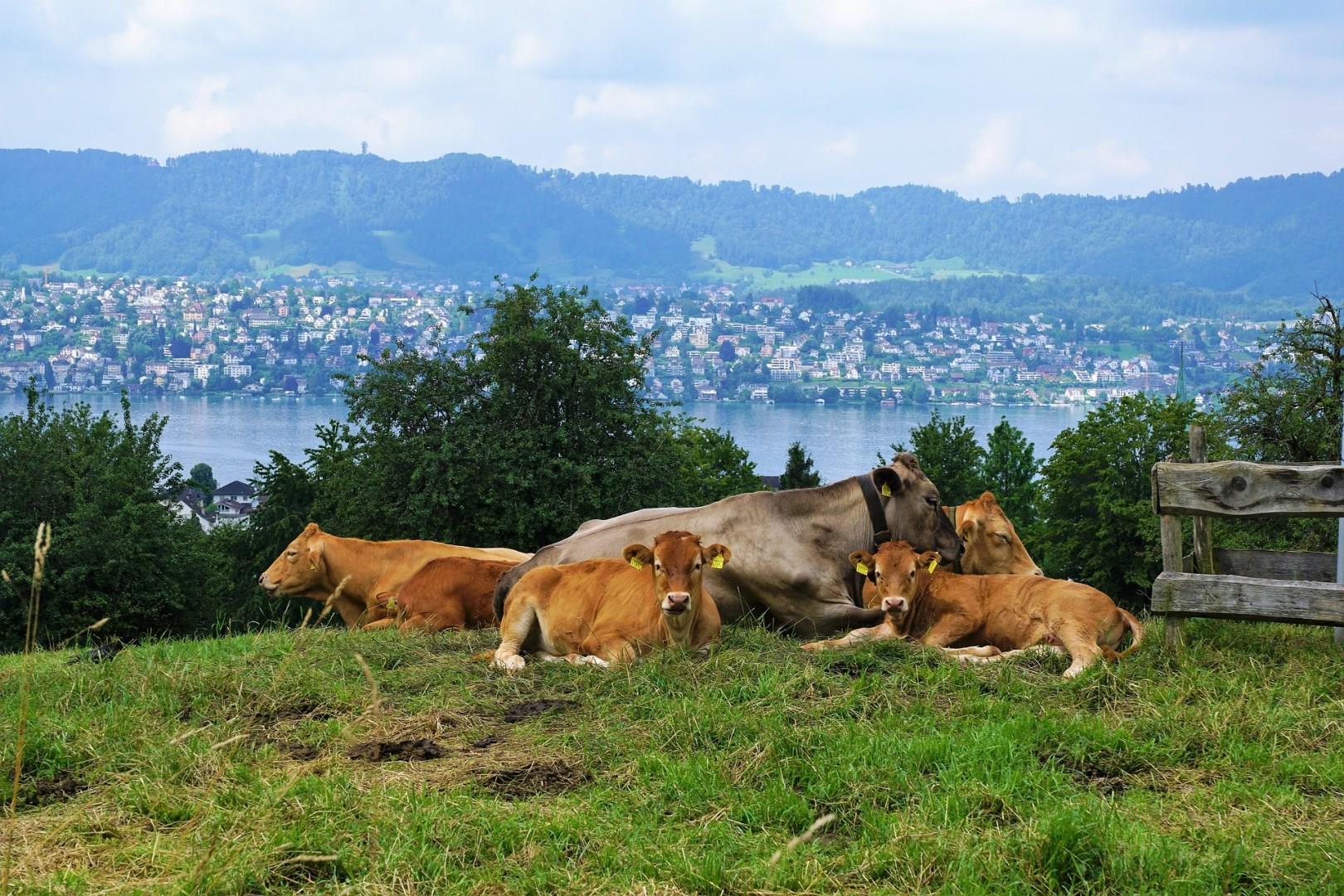

San Francisco
San Francisco offers something for everyone. Whether it's exploring world-famous landmarks, discovering hidden gems in its neighborhoods, or enjoying the coastal breeze by the bay, this vibrant city promises a memorable experience for all who visit.

Luxembourg
Luxemborg is a tiny country in Northern Europe surrounded by France, Belgium and Germany. With Belgium and the Netherlands, Luxembourg forms the Low, or Benelux, Countries. Luxembourg has a moderate climate with a mean annual temperature of 10° C (50° F) and a yearly rainfall of about 815 mm (about 32 in).

Isle of Man
The Isle of Man is located between Ireland and England, and is independently governed by the Manx parliament. It is 30 miles long and 10 miles wide, and is a frequent vacation spot for the working class of Northwest England, as well as a port-of-call for cruise ships.

Cologne
This cultural capital and university city holds more than 2,000 years of history and is the cultural hub of Germany.

Ponta Delgada (Azores)
With its mix of cultural heritage and access to extraordinary landscapes, Ponta Delgada captures the spirit of the Azores. Whether exploring its historic streets, savoring local cuisine, or embarking on adventures in nature, travelers will find plenty to inspire and delight in this charming city.


